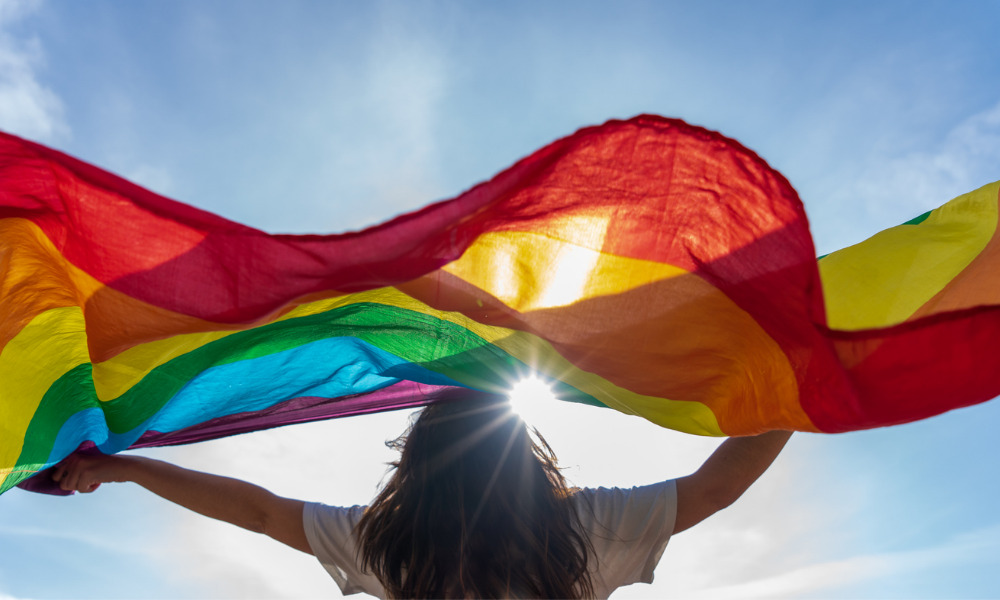
Pride Pledge director said there’s a rainbow wave about to hit the workforce. Is your organisation ready for it?

During his successful career working as an HR leader in the DEI space, Martin King, director of Pride Pledge, identified there was a gap in knowledge for Kiwi businesses looking to be more inclusive with their employees on the rainbow spectrum but no idea how to begin doing it.
“There were people saying I don't know what the LGBTQIA acronym means, I don't understand pronouns, gender diversity really scares me, people were really nervous in that space. But there was also a feeling that people want to learn more, they want to say the right thing, and do the right thing without putting both feet in their mouth,” said King
This month the world celebrates Pride Month and King’s social for purpose organisation Pride Pledge celebrates its fourth birthday. Taking the Pride Pledge is an organisations commitment to ensuring that LGBTTQIA+ (rainbow) people have the freedom to be safe and included in the workforce and actively support and celebrate rainbow communities.
270 Kiwi businesses have taken the Pride Pledge in the last four years and the organisation has hosted 100 rainbow awareness training workshops that 3000 people have attended across New Zealand.
Data shows that the number of young people who are identifying as somewhere on the rainbow spectrum is on the rise. More 18–24-year-olds than ever before have identified as somewhere on the spectrum.
“The number of people who identify as rainbow is just off the scale from what previous generations used to think of as rainbow,” said King declaring the rainbow wave is going to hit businesses when that generation start to enter the workforce. “You can ride the wave and get ahead of it so that when these people are coming into your organisation, you’re already working on things that are safe and inclusive for them,” he continued.
Statistics NZ data shows that rainbow people have the highest rates of suicide out of any group in our society, and they have the worst levels of anxiety, depression and wellbeing and King says businesses should be doing more to fix that.
“The big issue that we have with organisations is this belief that it’s not necessarily something that workplaces should have to deal with. And my view is simple, most people spend more of their waking life at work than in any other element of their life so if we can fix this at work then we’ve got half the battle won,” said King.
King cites data that 41% of 18–34-year-olds who have come out to their friends and family, go back into the closet when they start their first job and only one in two gender diverse people in the work force have come out about it.
“There’s something our organisations are not doing to tell our young rainbow people that they are safe at work. Our workplaces and organisations have a really big part to play in that. To really ask themselves, what is it that they’re contributing to fixing that and what can they do about that,” said King.
“It’s getting better faster but a lot of people are quite slow on that shift in social enterprise as a vehicle to deliver social outcomes. The exciting thing we are seeing with organisations is, it’s almost like they’ve got this readiness now whereas before they might have been a bit nervous. Now, they are ready, they want to do something, and they want to get behind it. The data tells us there’s a need, this is what other organisations are doing. The key thing is to just make a start. The first step is the hardest. It doesn’t matter what you start with, just make a start,” said King.